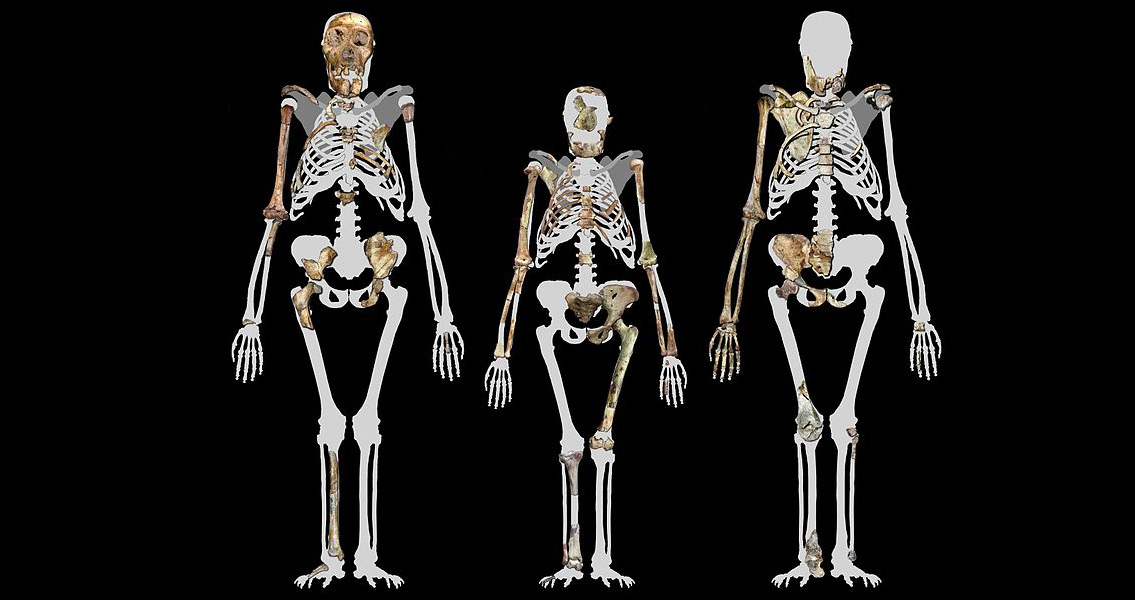<![CDATA[Researchers and geneticists from Pennsylvania State University have found that early hominins lost certain taste genes to allow them to consume more calories. According to the study, modern humans, Neanderthals and Denisovans all lost two specific "bitter taste" genes that are still present in our closest living relatives, chimpanzees. Early hominins would have found food sources like wild tubers, roots, and yams to be too bitter to eat. However, as our ancestors began developing the skill of cooking their meals, these foods became easier to stomach. A prime example of this would be the onion: as it is roasted or cooked, the onion loses its bitter taste and is reduced to a very sugary and palatable food. Early humans also began to migrate throughout the world, encountering new foods. This changed our ancestors' diets, meaning they were able to tolerate a greater variety of tastes. This in turn allowed them to take advantage of new sources of calories, enabling their brains to become larger, their stomachs to become more efficient and their tooth size to become smaller. For millions of years, tubers had been a large source of calories that largely went to waste, as their taste was unpalatable to our ancestors. Even today, certain hunter-gatherer groups rely heavily on tubers for a large portion of their dietary needs. However, they cook the tubers before ingesting them, and this is precisely the skill that early human ancestors discovered and used to their benefit. As this was taking place, humans began to lose the bitter taste genes that had held them back from consuming starchy foods. This is believed to have occurred after our ancestors branched off from other hominins, but before the domestication of wild foods. Thus, as we began to settle into primitive societies, we domesticated and selectively bred the previously bitter food into something more palatable. The study states that modern humans carry an average of six, and a maximum of twenty, copies of the salivary amylase gene. This gene is thought to aid in the digestion of sugars held in starch-filled food. Contrary to modern humans, Neanderthals and Denisovans each carried only one or two copies of the gene, thus limiting their ability to fully utilise the starchy sugars that they ate. The same is true of modern chimpanzees. According to George Perry and his colleagues at Pennsylvania State University, "This doesn't mean that earlier hominins weren't eating more starch, but perhaps they weren't getting all of the same benefits as modern humans." Perry also noted that over time, modern humans, Neanderthals and Denisovans all individually lost the genes that aid in the construction of strong chewing muscles. This supports the theory that Homo erectus had to develop the ability to cook its food before consuming it. Image courtesy of Wikimedia commons user: Profberger]]>
Genetic Taste Genes Helped Produce Modern Man
